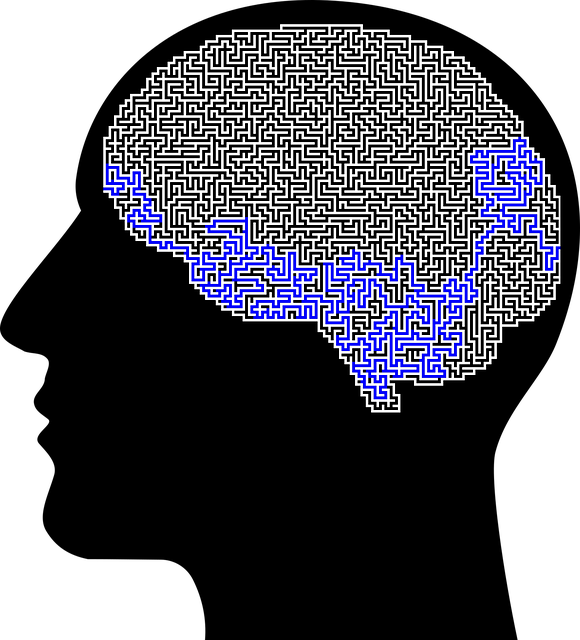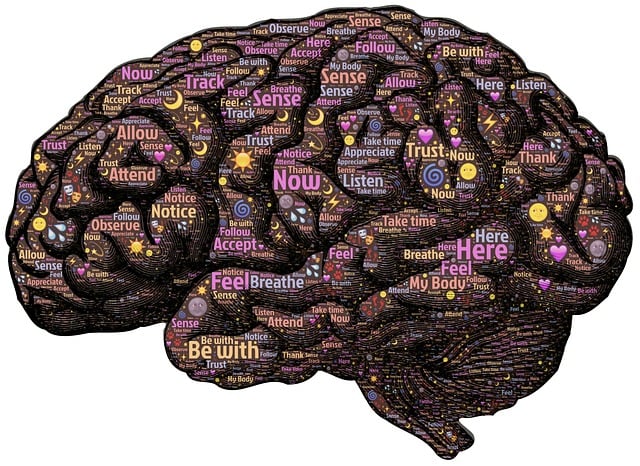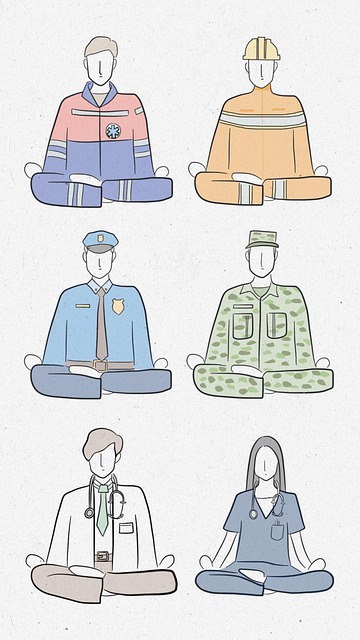The Wheat Ridge Cancer Issues Therapy approach prioritizes cultural sensitivity in mental healthcare, addressing diverse backgrounds and needs. By recognizing communication, expression, and health perception differences, therapists tailor therapy for better outcomes, enhancing client satisfaction and overcoming barriers to care. Challenges like lack of cultural competence training and language barriers require tailored strategies, including interpretation services, risk management planning, self-care promotion, and social skills training. Actively listening to patients' stories and integrating traditional healing practices improves engagement, ultimately empowering clients to address emotional challenges effectively in a supportive environment.
Cultural sensitivity is a vital aspect of providing effective mental healthcare, ensuring equal access to support for all individuals. This article explores the complex landscape of cultural diversity in mental health, highlighting challenges faced by practitioners and patients alike. We delve into strategies that promote inclusive therapy, such as adapting communication styles, integrating cultural beliefs into treatment plans, and fostering an environment of understanding and respect. By addressing these issues, we aim to revolutionize Wheat Ridge cancer issues therapy, making it accessible and meaningful for every client.
- Understanding Cultural Diversity in Mental Healthcare
- Challenges and Barriers to Culturally Sensitive Practice
- Strategies for Providing Inclusive and Effective Therapy
Understanding Cultural Diversity in Mental Healthcare

In the realm of mental healthcare, understanding cultural diversity is paramount to providing effective treatment and fostering a safe environment for all clients. The practice of Wheat Ridge Cancer Issues Therapy recognizes that individuals from various ethnic, racial, religious, and socio-economic backgrounds may approach mental health services differently due to deeply rooted cultural beliefs and practices. This sensitivity involves acknowledging and respecting these differences in communication styles, expression of emotions, and perceptions of health and illness. By embracing cultural diversity, therapists can create an inclusive setting, enhancing the potential for successful therapy outcomes.
Furthermore, incorporating self-esteem improvement, conflict resolution techniques, and emotional healing processes tailored to a client’s cultural context can significantly benefit their mental well-being. These approaches acknowledge that effective therapy goes beyond universal methods; it requires a nuanced understanding of each individual’s unique cultural landscape. Therapists who remain culturally sensitive not only improve client satisfaction but also contribute to breaking down barriers in accessing essential mental healthcare services, ultimately fostering better community health outcomes.
Challenges and Barriers to Culturally Sensitive Practice

In the pursuit of culturally sensitive mental healthcare, numerous challenges and barriers present themselves, particularly in diverse communities. One significant hurdle is the lack of cultural competence training for healthcare providers. Many professionals may not have been exposed to different cultural practices, beliefs, and values, which can lead to misunderstandings and miscommunications during therapy sessions. This gap in knowledge often results in culturally insensitive approaches, especially when dealing with sensitive topics like cancer support. For instance, individuals from diverse backgrounds might hold unique perspectives on illness, death, and healing, requiring tailored therapeutic strategies that respect their cultural norms.
Additionally, language barriers pose a considerable challenge, hindering effective communication between patients and therapists. Accurate interpretation services are essential for ensuring that patients’ concerns and symptoms are accurately conveyed, especially in communities where English is not the primary language. Effective risk management planning, including confidentiality considerations tailored to different cultural contexts, self-care routine development for better mental health, and social skills training, should be integrated into practice to address these issues.
Strategies for Providing Inclusive and Effective Therapy

In providing inclusive and effective therapy, mental health professionals must adopt strategies that cater to the unique cultural backgrounds of their clients. This involves actively listening to patients’ stories and perspectives, understanding their values and beliefs, and tailoring therapeutic approaches accordingly. Incorporating elements from the client’s culture, such as traditional healing practices or community support systems, can significantly enhance engagement and outcomes. For instance, in areas like Wheat Ridge with diverse communities, therapists might integrate self-care routine development for better mental health, focusing on practices that resonate with various cultural backgrounds. This not only respects clients’ identities but also facilitates emotional healing processes and stress reduction methods tailored to their specific needs.
Additionally, professionals should be mindful of language barriers and ensure accessible communication through translation services or culturally competent interpreters. Training in cross-cultural competency is essential for recognizing unconscious biases and microaggressions that may inadvertently arise during therapy sessions. By fostering an environment of cultural sensitivity, mental health practitioners can create safe spaces where clients feel understood, valued, and empowered to navigate their emotional challenges effectively.
Incorporating cultural sensitivity into mental healthcare practice is no longer a consideration but a necessity, especially in diverse communities. As seen in various contexts, including Wheat Ridge cancer support issues therapy, understanding cultural nuances can significantly impact treatment outcomes. By recognizing and addressing the challenges and barriers, therapists can create inclusive environments that honor clients’ backgrounds. Implementing strategies such as cultural competency training, adapting therapeutic techniques, and promoting open communication ensures effective care for all individuals, regardless of their ethnic or cultural heritage. Embracing these practices fosters better mental health outcomes and strengthens the bond between therapist and client.














